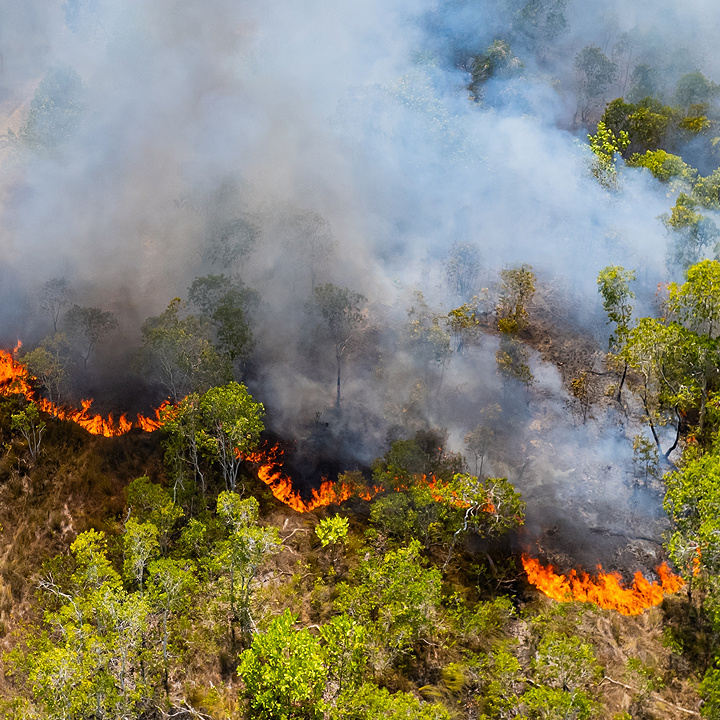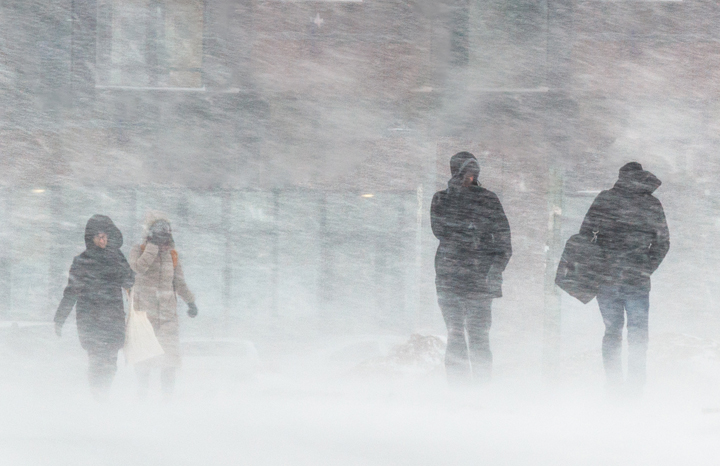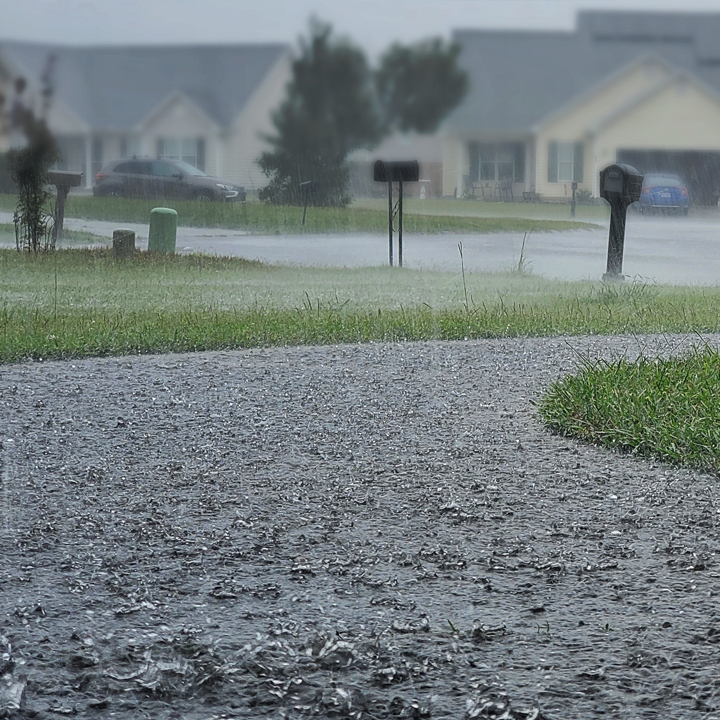How to Prepare for Weather Events That Can Affect Your Health
There are several weather impacts and changes that can occur. These include severe thunderstorms, flash floods, blizzards, hurricanes, tornadoes, and wildfire smoke. We also experience extreme heat in the summer and extreme cold in the winter. It’s important to prepare for these events to lessen their impact on your health.
Download and fill out this guide, provided by the State of Connecticut, to help ensure you and your family are prepared for any emergency.
You'll find plans for your medications and medical conditions. Plans for disabled family members and pets are in the guide too.
Download the Personal Preparedness GuideWildfire Smoke
Wildfire smoke can reach far away from where fires burn. To protect yourself from the effects of wildfire smoke, check air quality reports. You can use an app on your phone, check local news, or go to airnow.gov and enter your zip code, city, or state to get a report for your area. Ask your Primary Care Provider (PCP) for advice if you’re having trouble breathing, have shortness of breath, a persistent cough, or other symptoms that continue. Call 911 or go to the emergency department for any medical emergencies. If you have a chronic condition such as asthma, Chronic Obstructive Pulmonary Disease (COPD), diabetes, or heart disease, create a plan with your PCP. If you go to a shelter, be sure to tell them about your condition.
Source: Wildfire Smoke and People with Chronic Conditions | Wildfires | CDC
Extreme Heat
Extremely hot days impact us all. They can affect you even more if you have an existing health condition.
To help manage that condition or situation for you or someone you know, click on a link below:
- Is Pregnant
- Has a child or teen with asthma
- Has a heart condition
- Is 65 years of age or older
- Has infants or young children
- Is in the heat and works outside
- Exercises outside in the heat
Making a Plan
To prepare for extremely hot weather, make a plan with your PCP. Being prepared includes drinking plenty of water, staying inside where it’s cooler when you can, and making sure you have a plan for your medications if they need to be kept cool.
Take the following actions to protect your health:
- Stay cool
- Stay hydrated
- Know the symptoms
- Check air quality
- Have a medication plan
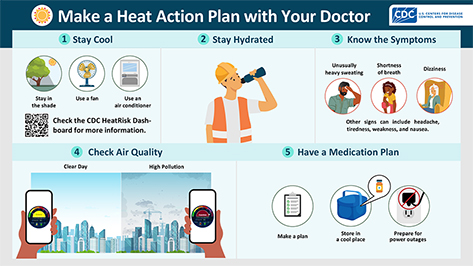
For more information download the CDC Heat Action plan.
Extreme Cold
It’s also important to prepare for extremely cold weather. Staying indoors and off the roads as much as possible can help prevent accidents on icy roads. If you must be outside, wear layers! Be sure to cover up with a warm hat, gloves, and a scarf. Don’t forget a water-resistant coat and pair of boots. Making sure you’re dressed warmly can also help keep you from getting hypothermia or frostbite.
Hypothermia and Frostbite
Hypothermia (abnormally low body temperature) and frostbite can happen when a person is exposed to very cold temperatures for a long period of time. Frostbite is a type of injury caused by freezing. It leads to a loss of feeling and color in the areas it affects. These areas are usually extremities such as the nose, ears, cheeks, chin, fingers, and toes. It can cause permanent damage. In severe cases, it can result in the need to remove the affected body part.

Signs and Symptoms of Hypothermia
Adults:
- Shivering
- Exhaustion
- Confusion
- Fumbling Hands
- Memory Loss
- Slurred Speech
- Drowsiness
Infants:
- Bright red, cold skin
- Very low energy
Signs and Symptoms of Frostbite
- Redness or pain in any area may be the start of frostbite.
Other signs include:
- A white or grayish yellow skin area
- Skin that feels unusually firm or waxy
- Numbness
If a person’s temperature is below 95 degrees, get medical attention right away.
What to do if someone is experiencing hypothermia or frostbite:
- Seek medical attention right away.
- Get the person into a warm room or shelter.
- Remove any wet clothing.
- Warm them under dry layers of blankets and clothing.
- Place areas affected by frostbite in warm-to-touch water.
Use Caution When Treating Frostbite.
- Unless necessary, don’t walk if your feet and/or toes have frostbite.
- Don’t use a fireplace, heat lamp, radiator, or stove to warm up.
- Don’t use a heating pad or electric blanket to warm up.
- Don’t rub or massage areas with frostbite.
This portion of the HUSKY Health website is managed by Community Health Network of Connecticut, Inc.®, the State of Connecticut’s Medical Administrative Services Organization for the HUSKY Health Program. For the general HUSKY Health website gateway, please visit portal.ct.gov/husky. HUSKY Health includes Medicaid and the Children’s Health Insurance Program, and is administered by the Connecticut Department of Social Services.

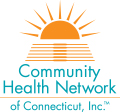
 There are several weather impacts and changes that can occur. These include severe thunderstorms, flash floods, blizzards, hurricanes, tornadoes, and wildfire smoke. We also experience extreme heat in the summer and extreme cold in the winter. It’s important to prepare for these events to lessen their impact on your health.
There are several weather impacts and changes that can occur. These include severe thunderstorms, flash floods, blizzards, hurricanes, tornadoes, and wildfire smoke. We also experience extreme heat in the summer and extreme cold in the winter. It’s important to prepare for these events to lessen their impact on your health. 